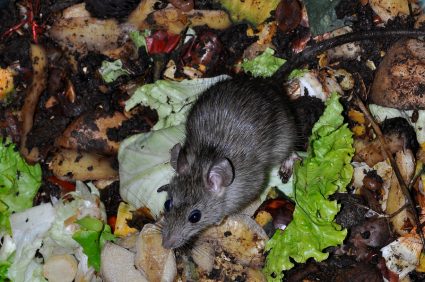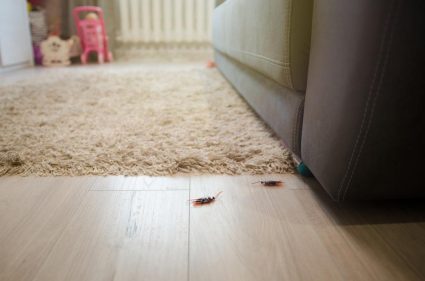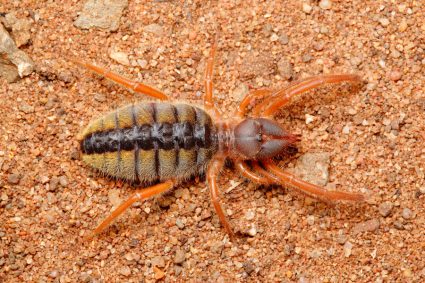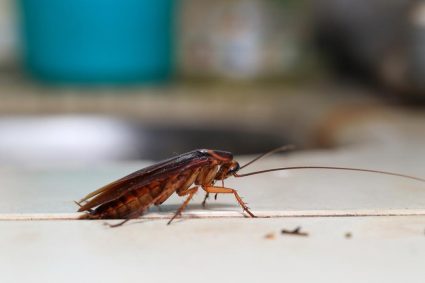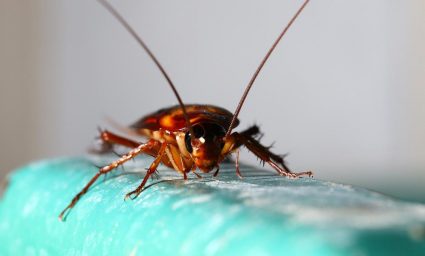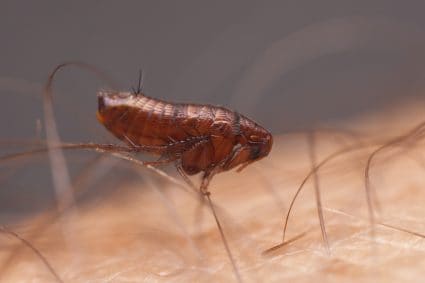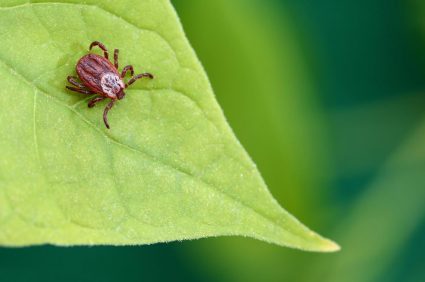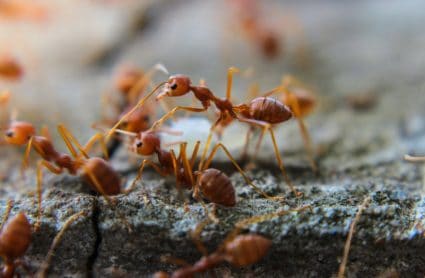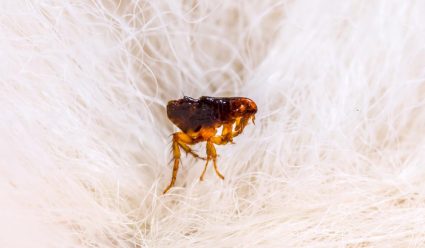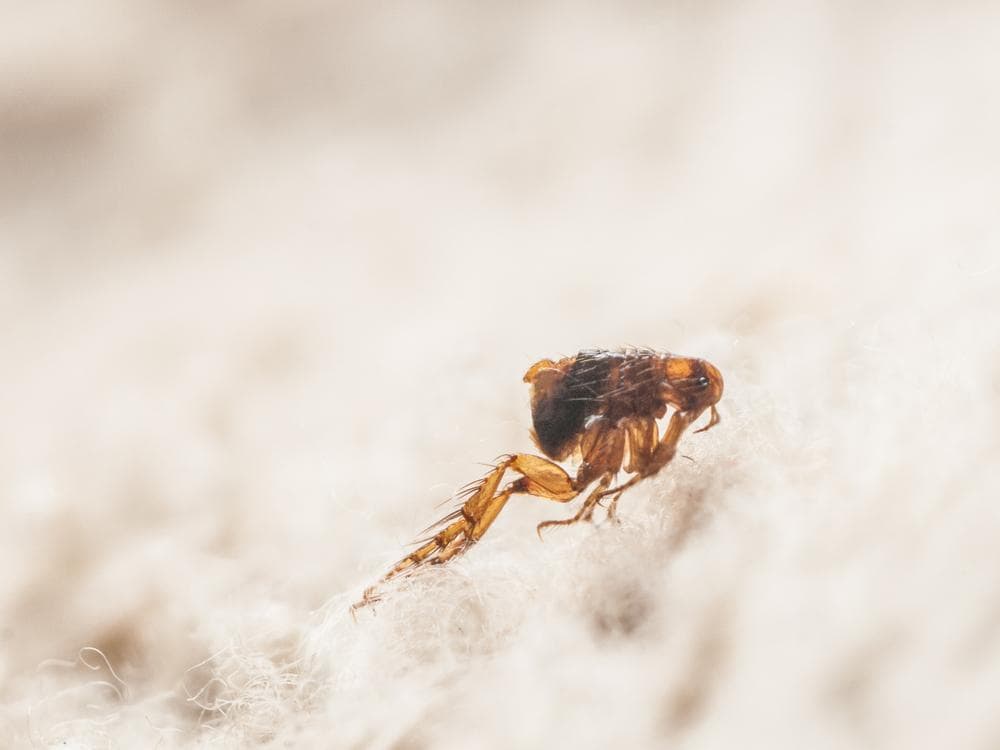
Fleas are a common household nuisance, especially for pet owners. Their bites can cause itching and discomfort, and in some cases, they can transmit diseases. Professional exterminators use a variety of chemicals to control and eliminate flea infestations. This comprehensive guide will delve into the specifics of these chemicals, their effectiveness, potential health risks, and precautions to take during application.
Exterminators commonly use chemicals such as Insect Growth Regulators (IGRs), permethrin, imidacloprid, dinotefuran, and pyrethrin to control and eliminate flea infestations. These chemicals work by disrupting the life cycle of fleas, attacking their nervous system, or impacting their ability to reproduce. While effective, these chemicals can pose health risks if not used correctly, hence professional guidance is recommended.
Common Chemicals Used for Flea Control
Exterminators use a combination of chemicals to eradicate fleas effectively. Here are some of the most commonly used:
- Insect Growth Regulators (IGRs): These chemicals disrupt the life cycle of fleas, preventing the larvae stage from growing into adults. Common IGRs include methoprene, hydroprene, and pyriproxyfen.
- Permethrin: A synthetic pyrethroid insecticide lethal to adult fleas.
- Imidacloprid: An insecticide that targets adult fleas.
- Dinotefuran: This chemical is also effective against adult fleas.
- Pyrethrin: A pesticide chemical commonly used in flea sprays due to its low toxicity to humans and high effectiveness in killing adult fleas.
How Do These Chemicals Work?
Different chemicals target different stages of the flea life cycle. IGRs, for instance, disrupt the life cycles of fleas, preventing the larvae stage from growing into adults, thus reducing flea populations by not allowing them to reach adult stages where they reproduce and multiply.
Insecticides like fipronil, permethrin, and imidacloprid work by attacking the flea’s nervous system, causing paralysis and death. Other chemicals impact the parasite when it bites the pet, causing its death and/or impacting its ability to reproduce.
Potential Health Risks and Safety Precautions
While these chemicals are effective in controlling fleas, they can pose health risks if not used correctly. Exposure can cause skin and eye irritation, allergic reactions, and in severe cases, neurological problems. Therefore, it’s crucial to follow the exterminator’s instructions, keep children and pets away during the application, and ventilate the area after the treatment.
Effectiveness of Chemicals in Flea Control
The effectiveness of these chemicals varies. For example, diatomaceous earth can kill fleas in the home environment, but it is not effective against flea eggs or pupae. On the other hand, fipronil and imidacloprid have been shown to be effective in controlling fleas on dogs and in homes when applied topically.
Environmentally Friendly Alternatives
While chemical treatments are often necessary for severe infestations, there are less toxic alternatives available. Natural substances like diatomaceous earth and boric acid can deter fleas, and regular cleaning, vacuuming, and washing of pet bedding can also help control flea populations.
In conclusion, understanding the chemicals used in flea extermination can help homeowners make informed decisions about flea control. Always consult with a professional exterminator to ensure the safe and effective use of these chemicals.
Frequently Asked Questions
What is the difference between Permethrin and Pyrethrin?
Permethrin is a synthetic insecticide, modeled after the natural insecticide, pyrethrin, which is found in chrysanthemums. Both are used to control insect pests, but permethrin is often more potent and longer-lasting than pyrethrin.
Can I apply these chemicals myself or should I hire a professional exterminator?
While some of these chemicals are available for consumer use, it is often safer and more effective to hire a professional exterminator. They are trained to handle these chemicals safely and know the best methods for application.
How long does it take for these chemicals to eliminate a flea infestation?
The time it takes to eliminate a flea infestation can vary depending on the severity of the infestation, the type of chemical used, and the application method. It can take anywhere from a few days to a few weeks.
Can these chemicals harm my pets?
Some of these chemicals can be harmful to pets if not used properly. It’s important to keep pets away during the application and to follow all safety precautions provided by the exterminator. Always consult with a vet if you’re concerned about your pet’s health.
Are there any natural methods to prevent flea infestations?
Yes, regular cleaning, vacuuming, and washing of pet bedding can help prevent flea infestations. Additionally, natural substances like diatomaceous earth and boric acid can deter fleas.

